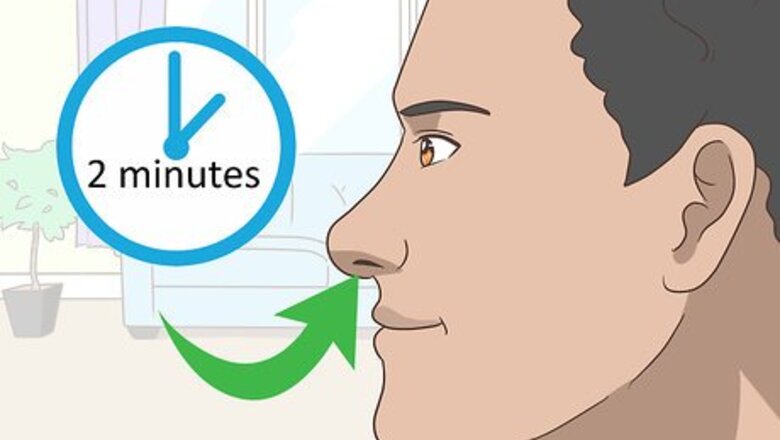
views
Causes

Try to breathe through your nose for 2 minutes first. Close your mouth, watch a clock, and try to breathe through your nose for 2 minutes straight. If you have issues doing this, it probably means that you have a clogged nose and the cause of your mouth breathing is physical or structural rather than habitual. If your mouth breathing is caused by a structural or physical issue, you'll need to investigate further and get diagnosed by a doctor. If you have no issues breathing through your nose, then your mouth breathing is likely a habit and may be easier to fix.

Get an allergy test from a doctor if your nose is stuffed. Allergies could be stuffing up your nose, which may force you to breathe through your mouth. For example, dust and pet dander are common causes of clogged noses. Make a doctor's appointment and explain that your nose is constantly stuffed and that you want to take an allergy test. A doctor may be able to prescribe medication that will unclog your nose. Having a cold may also be the cause of a clogged nose.

Get an oral exam from your dentist if you can’t breathe through your nose. Mouth breathing can be caused by the position of your jaw, teeth, or a deviated septum. A dentist will be able to determine if braces or other orthodontic solutions may be able to correct the structural issues causing you to breathe through your mouth. Schedule a checkup with your dentist and tell them about your mouth breathing issue. Braces may be able to fix mouth breathing in some cases.

Speak to an ear, nose, and throat (ENT) specialist. An ear, nose, and throat specialist can determine the source of your mouth breathing if it isn’t allergies or a mouth problem. Most primary care physicians can write you a referral to a specialist if they can't figure out the issue. A common cause of mouth breathing is oversized tonsils, which can be removed to help you breathe through your nose.
Nose Breathing

Breathe through your nose whenever you notice you’re using your mouth. If your mouth breathing isn’t a structural or mouth issue, then it’s a habit. Breaking the habit is a matter of correcting the behavior when you notice you’re doing it. Purposefully breath through your nose instead of your mouth whenever you notice yourself doing it.
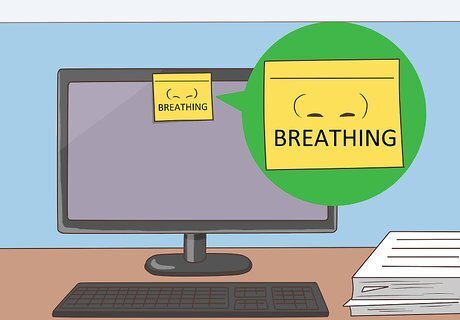
Use sticky notes to remind yourself to breathe through your nose. If you’re having issues breathing through your nose because it’s a habit, leave written reminders for yourself. Write “breathing” on sticky notes and place them on your computer or inside of books to remind yourself to use your nose to breathe.
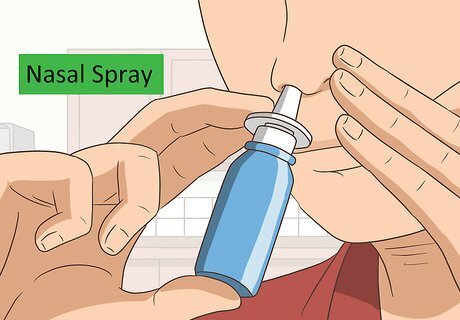
Use a nasal spray to clear up obstructed nostrils. If your nose is stuffed from allergies or a cold, over-the-counter nasal sprays may be able to clear your nostrils and help you breathe through your nose. Purchase a spray from a drugstore and read the directions before using it. Typically, you’ll blow your nose to clear it first, then carefully place the end of the nozzle into your nostril and press down on the applicator to spray the solution into your nose.

Clean your sheets and carpets once a week. Sheets and carpets can harbor pet dander and dust that can make allergies worse. Clean them once a week to prevent dust buildup and make it easier to breathe through your nose. If you typically sleep with your pet, try to sleep without them for several nights to see if that clears up your nose. Upholstered furniture is more likely to trap dirt and dust. Use leather, wooden, or vinyl furniture instead.

Perform nose clearing exercises for clogged nasal passages. Breathe through your nose for 2-3 minutes straight, then close your mouth, inhale deeply, and pinch your nose with your fingers. When you can't hold your breath any longer, slowly start to exhale through your nose. Continue to do this several times until you clear your nose.
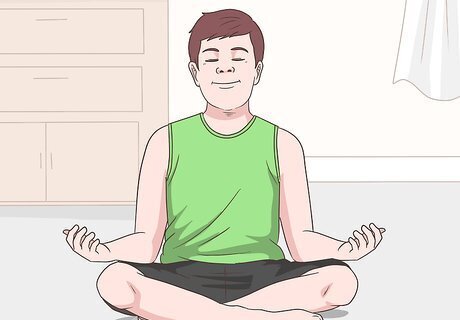
Participate in yoga or other exercises that concentrate on breathing. Many exercises like running, biking, and yoga require good breathing technique. If you get trained by a professional, they will give you the techniques you need to breathe properly through your nose. Look for classes locally and talk to your trainer about your mouth breathing problem.
Sleeping Tips

Sleep on your side. Mouth breathing typically occurs while sleeping on your back, which forces you to take heavier breaths through your mouth. Try to change your sleeping position to minimize your chances of mouth breathing and snoring during the night.

Elevate your head and upper back if you sleep on your back. If you can’t help but roll over on your back out of habit, use a pillow that elevates your head to help you breathe properly while you sleep. Get a pillow or wedge that elevates your upper back and head about 30 to 60 degrees. This should help you keep your mouth closed while you sleep and promote breathing through your nose.

Wear a nasal strip on your nose as you sleep. An over-the-counter nasal strip can clear your nasal passages and help you breathe through your nose while you sleep. To use a nasal strip, remove the plastic backing from the strip and place the strip over the bridge of your nose. Read the instructions on the strips’ packaging before you use it.

Use a chin strap to keep your mouth closed as you sleep. You can find chin straps online by typing "chin strap" into a search engine. To use the strap, wrap it around your head lengthwise, under your chin, and over the top of your head. This may help keep your mouth closed while you sleep and can prevent mouth breathing. These chin straps are created for those who snore a lot or those who suffer from sleep apnea. Note that chin straps often supplement other treatments for sleep-related breathing disorders, like sleep apnea, and may not be effective on their own. Ask your doctor about chin straps before buying and using one.










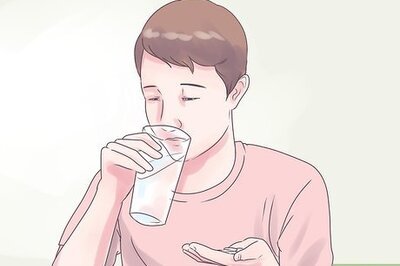

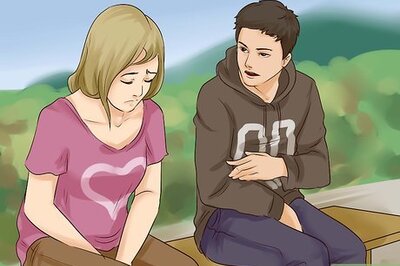
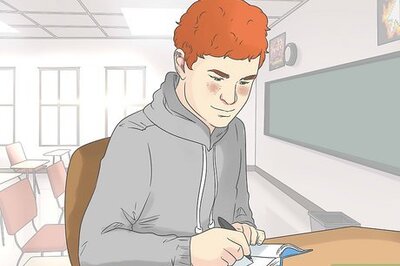




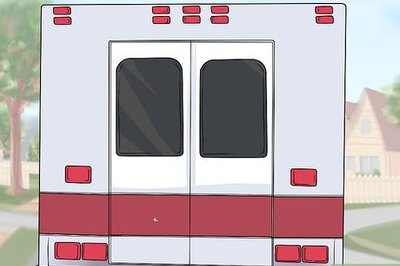
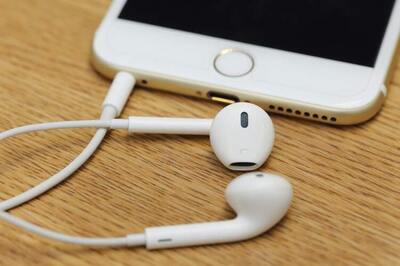
Comments
0 comment